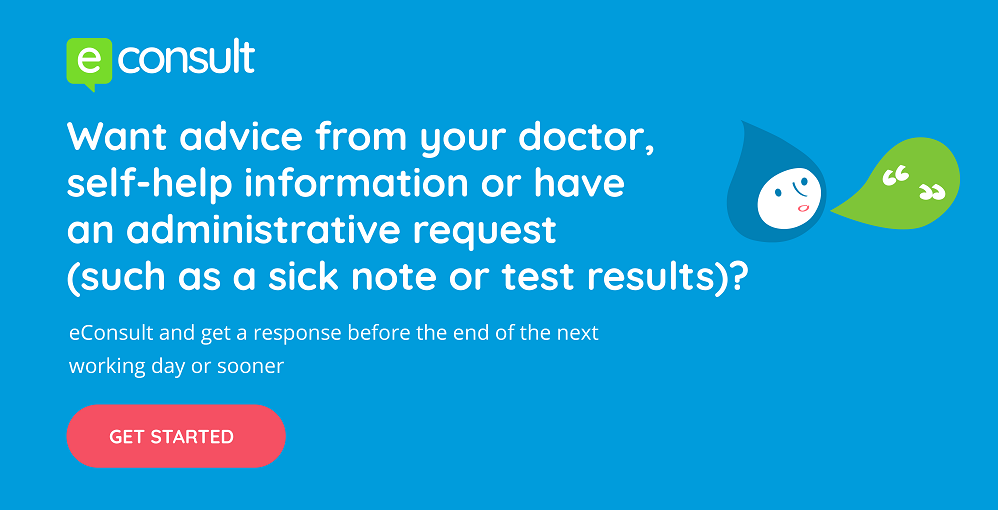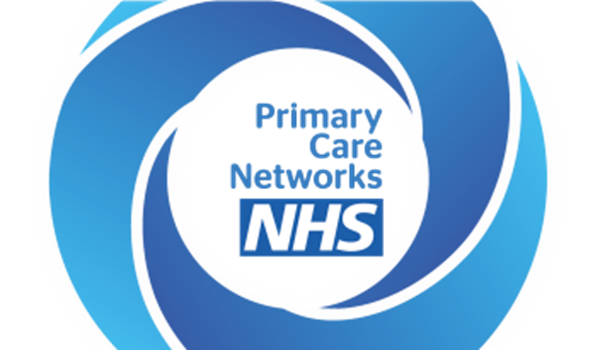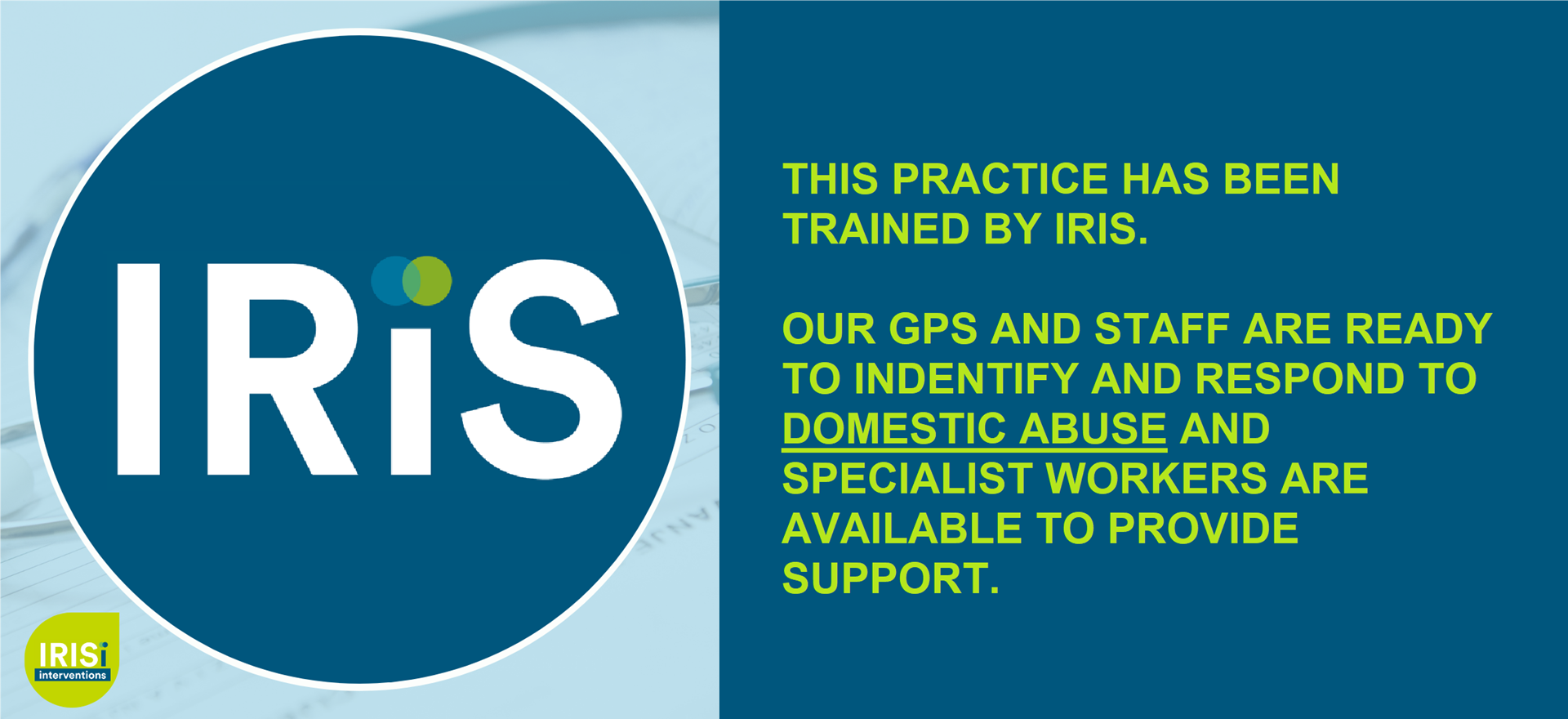eConsult - Contact your doctor online
How does the service work?
- Complete a simple form about your problem or request
- Your GPs decide on the best treatment for you
- The practice responds with advice, a prescription or an appointment
Note: Online consultations are only available during core hours (Mon-Fri, 8:00am-6:30pm), and are not to be used for urgent medical needs or emergencies. Patients requesting urgent clinical appointment or reviews should either be made by attending the practice in person or by telephone.
Welcome to Partnership Primary Care Centre
We aim to provide comprehensive, high quality primary health care to all our patients regardless of age, gender, race, status, life style or beliefs. We also strive to be fair employers to our staff and to work together with other local providers of health, social and community care in a spirit of team work and co-operation and learning.
Our practice occupies new purpose-built premises on Camden Road. All consulting rooms are located on the ground floor with disabled access and facilities. Reception is fitted with an induction loop to assist people who are deaf or hard of hearing.

Opening Times
Have Your Say
NHS Friends and Family
Page created: 27 July 2021







